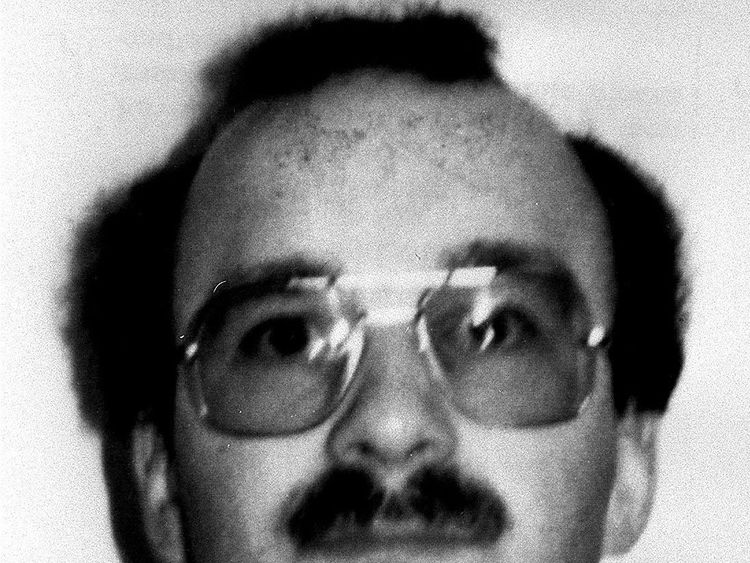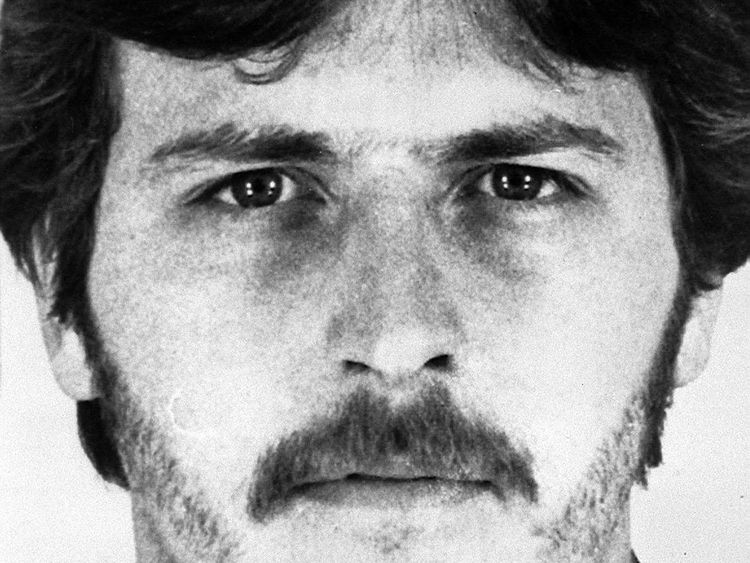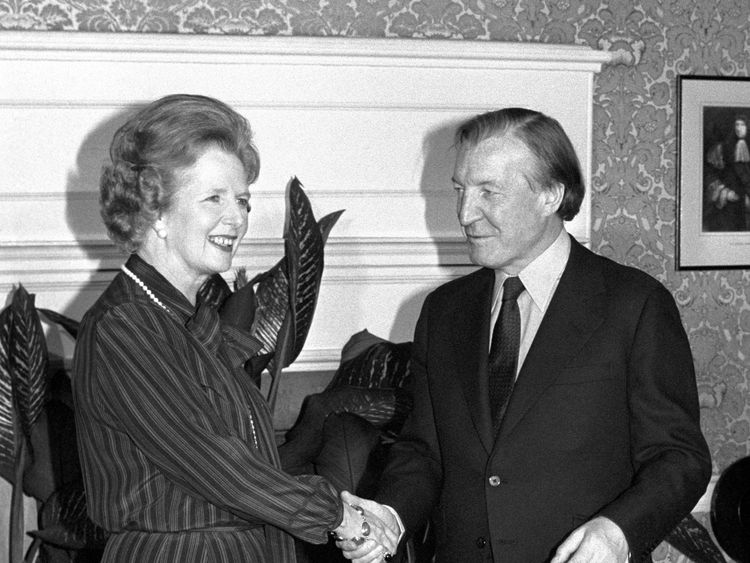MPs wanted troops withdrawn after killings of two soldiers in Belfast
Newly declassified files, released under the 30-year rule, reveal the depth of anger in London following the brutal killings of David Howes and Derek Wood.
The undercover soldiers from the Signals Regiment were dragged from their car, beaten and shot by the IRA after inadvertently driving into a funeral cortege.
Three days earlier, three people had been killed when loyalist Michael Stone launched a gun and grenade attack during an IRA funeral in Milltown cemetery.
In a confidential note, Irish Embassy official Richard Ryan said some 20 MPs “of all shades” he had spoken to were “puffed with outrage and conviction”.
In “more cases than previously” they demanded a date for withdrawal of troops in order to let “the Irish get on with butchering each other”.
In a separate memo, paraphrasing a Conservative MP, Mr Ryan said prime minister Margaret Thatcher was “very distressed and very angry” about the soldiers’ murders.
The minutes of an “unusually tense” meeting between Mrs Thatcher and Irish prime minister, Taoiseach Charles Haughey, shortly after the murders, have also been declassified.
Mrs Thatcher complained about the open Irish border and perceived lack of intelligence from the Gardai, adding that “they are not the most professional police force”.
Rebuked by Mr Haughey, she conceded that the murders of the two corporals was “among the worst thing in my life… the savagery was unbelievable”.
Other state papers, released after three decades, claim the IRA Army Council and loyalist Ulster Volunteer Force (UVF) held secret talks about a “federal Ireland”.
The document implies that federalism – the process by which central and regional government share power – would have given Dublin a role in the Stormont government.
The prison chaplain facilitating the meetings claimed the flexibility shown by the UVF was “indicative of the general uncertainty among loyalists regarding their future”.
The talks between the IRA and loyalist paramilitaries were taking place six years before the ceasefires and 10 years before the Good Friday Agreement.
Papers released by the Cabinet Office in London reveal British government fury at president Bill Clinton’s decision to grant Gerry Adams a visa in 1994.
A blistering note from John Major’s private secretary Roderic Lyne to US national security advisor Tony Lake was among 500 papers which have been declassified.
It reads: “The movement in which Gerry Adams has long been a leading figure has murdered not only thousands of its own countrymen, but also one member of our Royal Family, one cabinet minister’s wife, two close advisers to Margaret Thatcher and Members of Parliament, two British ambassadors and small children in our shopping centres.”
A separate cable from a British diplomat in Washington adds that the president “had taken full responsibility for the decision to give Adams a visa”.
Source: Read Full Article





